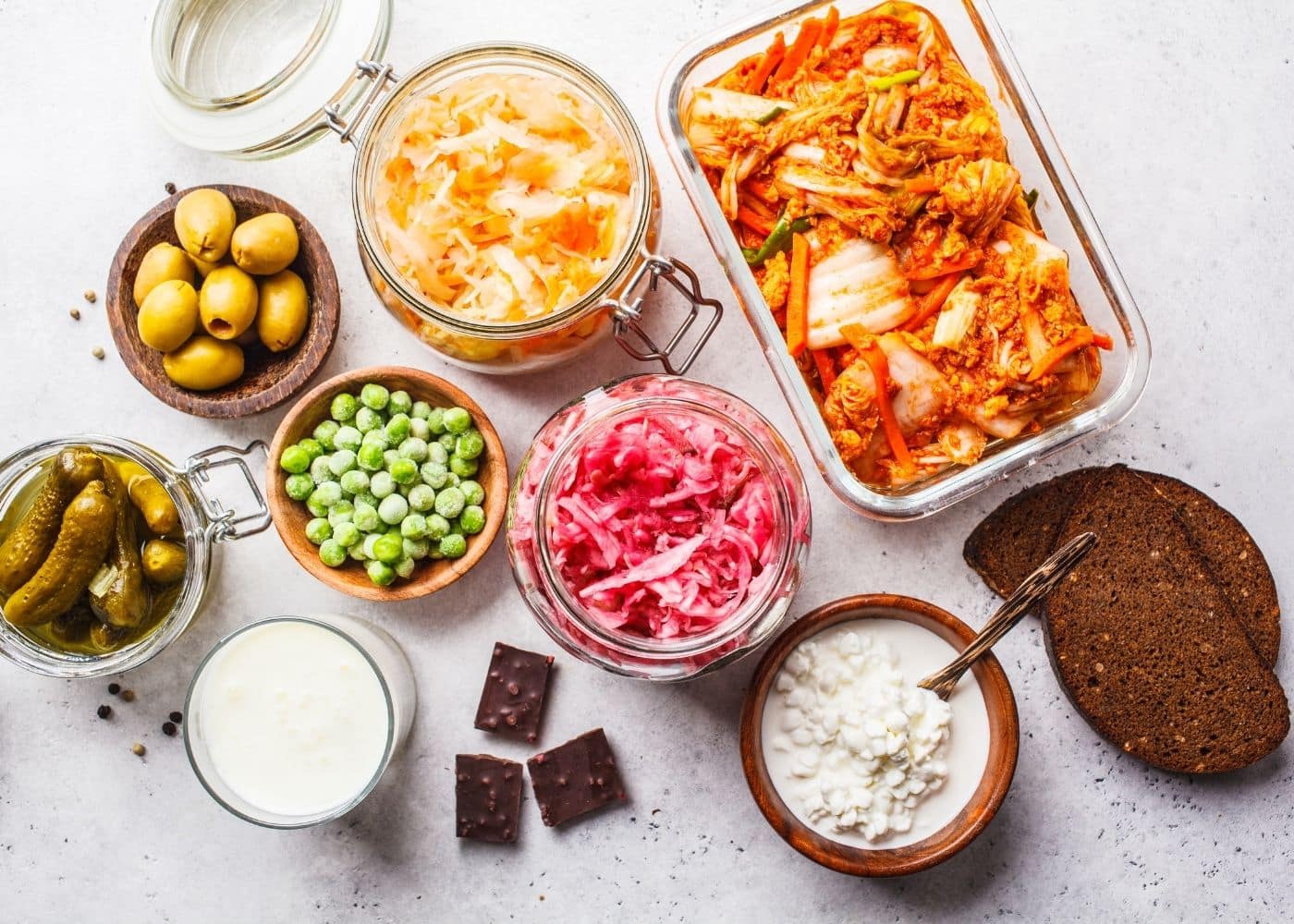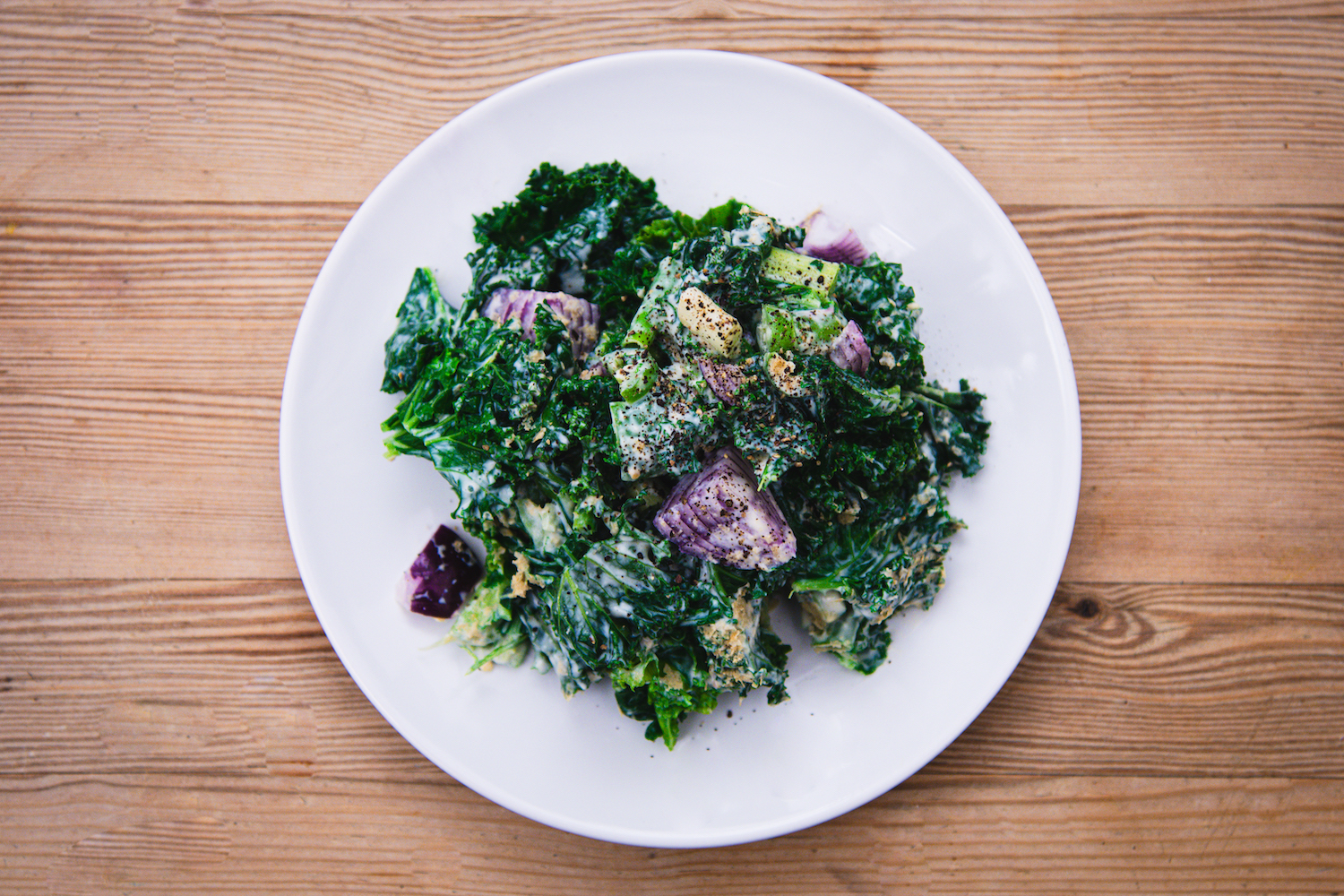COVID-19 is notorious for striking some patients more than others. Now, a new study from China suggests the gut microbiome may predict the severity of the disease. In other words: the healthier the gut, the better the outcome.
By Sofia Popov
Let’s remember, our microbiomes are complex communities that evolved with us. They include all the bacteria, viruses, and other microorganisms living in our bodies. In this unprecedented global moment, they couldn’t matter even more. Here’s why.
The Gut is an Important Part of the COVID-19 Story
As existing research has made us all aware, COVID-19 seems to be more dangerous in who are older, male and have pre-existing conditions. We still don’t fully understand its patterns – why it can be lethal for some that fall outside that criteria, and other 100 year olds can still survive.
COVID-19 affects the gut in half of symptomatic patients.
Well, this new Chinese study¹ sheds some light, suggesting that the gut microbiome may be crucial for disease severity. So far, we know that COVID-19 affects the gut in half of symptomatic patients. With it spiky surface, coronavirus uses proteins to unlock certain ACE2 receptors, some of which are found, not only in lung tissue, but also in the small intestines and colon. ACE2 are not only important regulators of intestinal inflammation, they also have a major impact on the composition of gut microbiota.
Moreover, over 60% of patients with COVID-19 experience gastrointestinal symptoms, such as diarrhea, nausea and vomiting. These patients are often more likely to reach a more critical and severe stage of disease² ³ ⁴.
Knowing this, the researchers conducted a study to investigate the role of gut microbiota in the susceptibility of COVID-19 progression and severity.
Here’s what happened in the study:
- Researchers examined the blood of COVID-19 patients, and found 20 proteins linked with disease severity.
- The proteins included immune factors that are elevated during systemic inflammation.
- Using these proteins, they created a proteomic risk score (PRS) that could predict the severity of the disease.
- Applying machine learning, they were able to correlate the PRS to the gut microbiome, thus linking the gut microbiome to COVID-19 severity.
- Overall, among COVID-19 patients: 10% increase in the PRS was linked with a 57% HIGHER RISK of becoming a clinically severe infection.
- Further on, they identified several key microbial players: both good and bad.
- For instance, Ruminococcus gnavus was positively correlated with inflammation, whilst Clostridia was negatively correlated.
- They found a strong link between these bacteria, the PRS, and COVID-19 severity – in older age groups.
Bear in mind, this study isn’t perfect: it still needs to be peer-reviewed, and carried out in higher sample sizes.
An unbalanced microbiome can establish an inflammatory environment that the coronavirus can then exploit.
Nevertheless, given emerging evidence complements these findings, it appears that an unbalanced microbiome can establish an inflammatory environment that the coronavirus can then exploit. The scientists suggest that these cytokines (gut-related inflammatory proteins) get a boost by more cytokines when coronavirus hits. Together, this combined inflammation can potentially start a “cytokine storm” — another immune reaction that can create even greater damage than the virus itself.
What Can You Do?
Luckily, these findings may be something to cheer about, given we can change our microbiome in a matter of days. through our diet. Our microbiome changes as we age, potentially favouring less diversity, and more of an inflammatory state. To counteract this, especially if you’re over 50, think about switching to an anti-inflammatory diet. In other words, eat a lot more dietary fiber. Your good gut gut want it. Simply put, fiber is a collection of tough chains of sugar our digestion can’t break down. This means they reach our colon intact, where they feed all the microbes that make up our microbiome. Those microbes then produce short-chain fatty acids like butyrate that nourish and heal the cells lining our gut. Without fiber, the microbes we house become less diverse, meaning more bad bugs may dominate. This can lead to systemic inflammation, and a taxed immune system.
References:
- Wanglong, G., et al. “Gut Microbiome May Underlie the Predisposition of Healthy Individuals to COVID-19.” MedRxiv, April 25, 2020, 2020.04.22.20076091.
- Jin, X., et al. (2020). Epidemiological, clinical and virological 847 characteristics of 74 cases of coronavirus-infected disease 2019 (COVID-19) with 848 gastrointestinal symptoms. Gut
- Lin, L., et al. (2020). Gastrointestinal symptoms of 95 cases with SARS-CoV-2 863 infection. Gut.
- Ng, S.C., and Tilg, H. (2020). COVID-19 and the gastrointestinal tract: more than 881 meets the eye. Gut.


